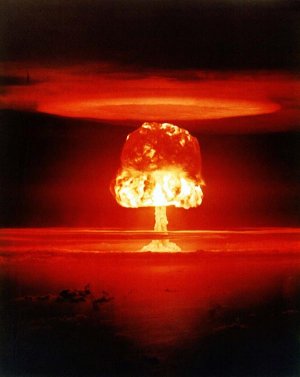Sadly No is surprised and upset that the Wall Street Journal would defend the military coup in Honduras:
It seems that President Mel Zelaya miscalculated when he tried to emulate the success of his good friend Hugo in reshaping the Honduran Constitution to his liking.
But Honduras is not out of the Venezuelan woods yet. Yesterday the Central American country was being pressured to restore the authoritarian Mr. Zelaya by the likes of Fidel Castro, Daniel Ortega, Hillary Clinton and, of course, Hugo himself. The Organization of American States, having ignored Mr. Zelaya’s abuses, also wants him back in power. It will be a miracle if Honduran patriots can hold their ground.
A far cry from their treatment of the Iranian elections in which its editorial opinion seems firmly on the side of the protestors and their demands for free and fair elections. How come the Wall Street Journal is so concerned about Iranian democracy but so cavalier about the Hondurian coup?
Simple. Iran is an enemy of the US and is therefore safe to attack. Honduras is an ally and what happened there has not be done without at least some level of support or approval from the US government, if not necessarily any official support. It’s an old, old tradition Mary O’Grady engaged in, this whitewashing of a military coup. Nicaragua, El Salvador, Brazil, Costa Rica, Cuba, Chile, Argentine; every time the US government meddled in a South American country or allowed its military to thwart a nascent democracy, the newspapers of record were there to excuse it. It doesn’t matter whether it’s the “liberal” NYT or the “conservative” WSJ, every time an US supported coup happened, they helped whitewash it. Read Manufacturing Consent, read Killing Hope, dig through the newspaper archives and you’ll find the same thing over and over again.
And liberals fall for it everytime.
(Crossposted at Prog Gold.)
